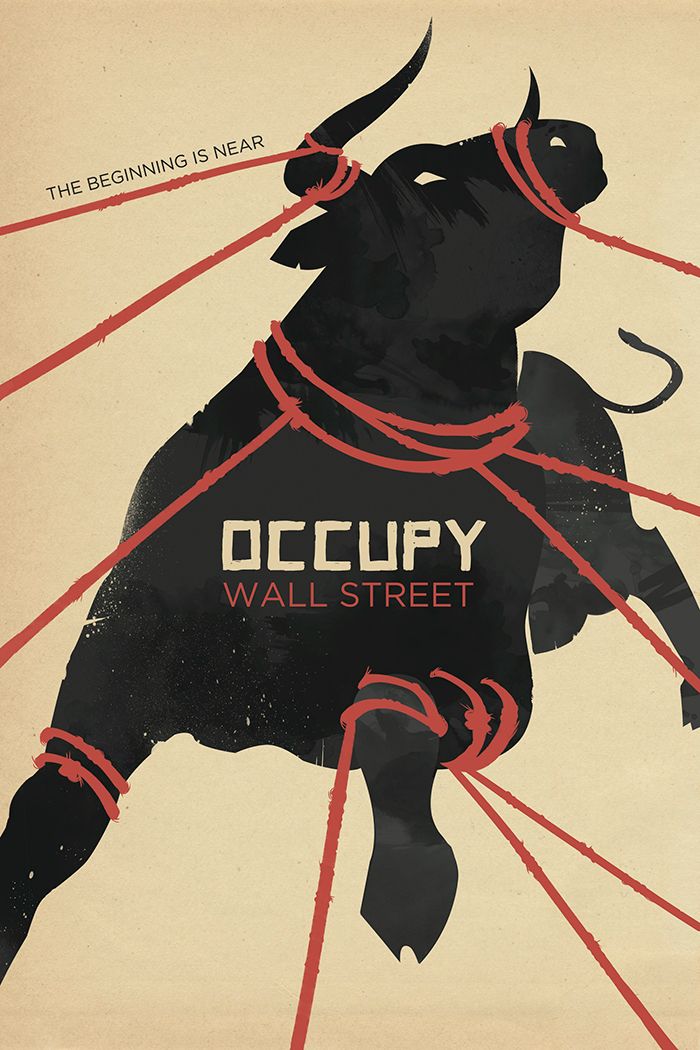The New Abduction of Europe:
Debt, War, Democratic Revolutions
Salt Beyoğlu
March 1, 2014 19.30 – 22.30

Alexandra Clotfelter
What are the foundations for a new European cultural and political agency in a period of crisis?
L’Internationale conference, live stream from Museo Reina Sofía
The program will be held in English.
L’Internationale conference, live stream from Museo Reina Sofía
The program will be held in English.
PROGRAM
19.30 - 22.30
Part 1: Decolonizing Europe. Dialogue between Ranabir Samaddar, Sandro Mezzadra and Jesús Carrillo. Moderated by Francesco Salvini
The ambiguity of the European project can be seen in its very history. The antifascist brotherhood of the “founding fathers” never questioned the colonial and imperialist reality of the founding nations. The return of the repressed lives in the peripheries of European cities, as the post-colonial reality; banlieue, internal borders and the political exclusion of millions of people. At the same time, the convulsions of the globalization process all over the world put the continent in a provincial position, i.e. no longer central. The end of the colonial legacy of the European nations is considered a condition for democratic emancipation on the continent.
Part 2: For a new social contract on culture. Dialogue between Carmen Mörsch, Bojana Piskur and Hilary Wainwright. Moderated by Yaiza Hernández
Culture, which was one of the pillars of the ideological reconstruction of Europe after the war, has seen its enlightened foundations slowly erode as a result of its enclosure in the market and in art institutions, and because of its distance from society’s conflicts and contemporary subjectification processes. What would be the basic elements of this new contract that would put culture at the center of social emancipation processes?
Jesús Carrillo. Head of Cultural Programs at Museo Reina Sofía and professor of art history at Universidad Autónoma de Madrid.
Yaiza Hernández. Researcher and Professor in Central Saint Martins, is finishing her PhD in the Centre for research in Modern European Philosophy, London. She has been the director of CENDEAC in Murcia, curator at CAAM in Las Palmas de Gran Canaria, head of public programs at MACBA until 2012. She published recently InterInter/Multi/Cross/Trans (2011) and now is working in to books Repressive Tolerance and General Theory.
Sandro Mezzadra. Professor of contemporary political theory and post-colonial studies at the University of Bologna. He is co-director of the magazine DeriveApprodi, a member of the editorial collective Studi Culturali and he also contributes to the newspaper Il Manifesto. He has published The Right to Escape. Migration, citizenship and globalization (2004) and La condizione postcoloniale. Storia e politica nel mondo globale (2008), among other works.
Carmen Mörsch. Artist, educator and researcher. Director of the Institute for Art Education (IAE) of Zurich University of the Arts (Switzerland) and advisor and head researcher for the educational program Documenta 12.
Bojana Piskur. Art historian, curator at the Moderna Galerija of Ljubljana and a founding member of the group Radical Education.
Francesco Salvini. Sociologist and researcher at Queen Mary University, he also forms part of the social center Exit-Raval and of Universidad Nómada.
Ranabir Samaddar. Director of the Calcutta Research Group. He has studied the issue of human rights in the conflicts of south Asia. He has published The Politics of Dialogue (2004), Emergence of the Political Subject (2009) and The Nation Form (2012).
Hilary Wainwright. Feminist sociologist and activist, she is a researcher at the Transnational Institute and at the International Centre for Participation Studies (ICPS). She is the editor of the British magazine Red Pepper.
More info at: Museo Reina Sofía and nuevoraptodeeuropa.net

